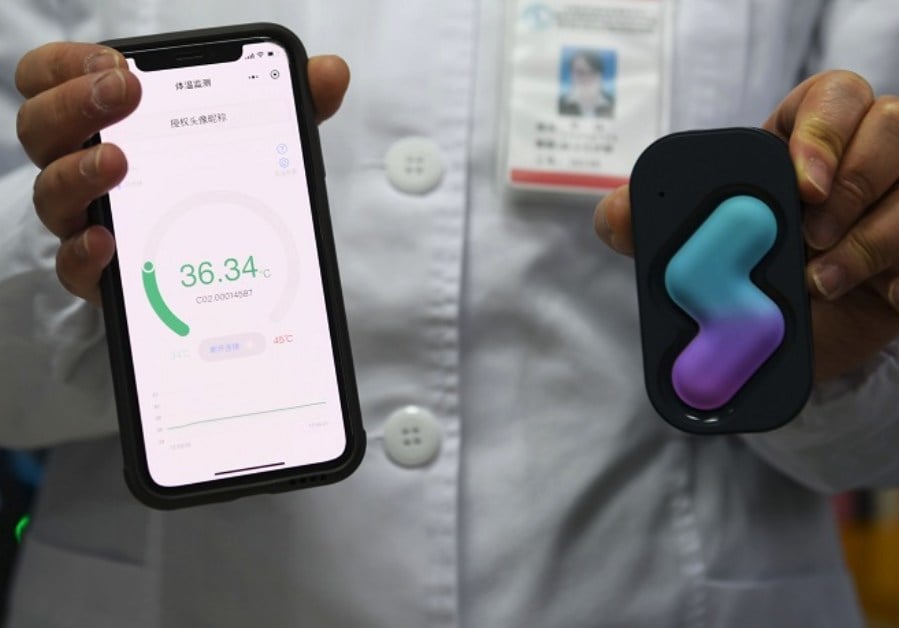
CAMPBELL, Calif. | PRNewswire
VivaLNK, a leading provider of connected healthcare solutions, announces today the availability of Vital Scout, the only reusable, wearable patch for the continuous monitoring of stress and recovery levels. Designed to be worn 24 hours a day over a period of 2 to 3 days at-a-time, Vital Scout offers a comprehensive picture of stress and recovery levels by analyzing the user's heart rhythm throughout waking and sleeping hours. With the World Health Organization declaring 'stress' a 21st century health epidemic, it is more important than ever for consumers to track and manage their personal stress levels in order to achieve a better well-being.
Unlike typical consumer wearables, Vital Scout uses medical grade electrocardiography (ECG) sensors, and established heart rate variability (HRV) algorithms to accurately measure the body's response to the physiological impacts of daily activities. This personalized information is important as not everyone reacts to stress the same way. The size of a small bandage, Vital Scout is worn on the chest, comfortably and discreetly under clothing, providing a higher fidelity signal for determining HRV. In addition, it provides other health information consumers have come to expect in a health wearable, such as heart and respiratory rates, activity insights and sleep levels.
"In order to get a comprehensive view of stress and recovery levels, contributing factors need to be accounted for throughout the entire day, under varying conditions," said Jiang Li, CEO of VivaLNK. "Taking occasional snapshots or select timeframes to measure stress levels can be misleading, but having a way to continuously track levels can finally help people better understand their body's reaction to stress."
In a new survey of 500 consumers, common daily stressors identified as social media, social commitments, health and fitness, societal expectations, maintaining relationships and work/life balance, were ranked today compared to five years ago. The results show unexpected insights into what consumers find add stress to their day.
Females feel more stressed today in general, most indicating that updates and news on social media as being a key driver of their stress. For men, it was finding work/life balance.
People in the 34 to 45 age range are the most stressed age group, noting the key drivers of stress being work/life balance, social commitments and finding time for health and fitness. Interestingly, it's the younger (43 percent) and senior populations (31 percent) that are most affected by the stress of social media.
All groups overwhelmingly (by gender and by age) picked exercise as their main stress reliever. For females, the second choice was shopping, and for males, alcohol was chosen over travel, therapy, smoking, learning a new skill, and not having one. However, the second most popular by each age group shows a gap in generations: the younger generations are most likely to choose therapy and/or traveling for stress relief.
Some may find it alarming that areas consumers have much control over in their day-to-day lives (i.e. participating in a social commitment or using social media) are adding stress. In looking to relieve stress for better health, it is important to understand stress is not always a bad thing. Normal daily activities ranging from exercise or sitting in traffic can put stress on the body, but prolonged periods of high stress with little recovery can be problematic.
Media Contact:
pr@VivaLNK.com
For update information on our medical wearables like VitalScout read these resources;
VivaLNK, Inc.
51 E. Campbell Avenue, Suite 160
Campbell, California 95008
Sales: info@vivalink.com
Support: support@vivalink.com
No Comments Yet
Let us know what you think